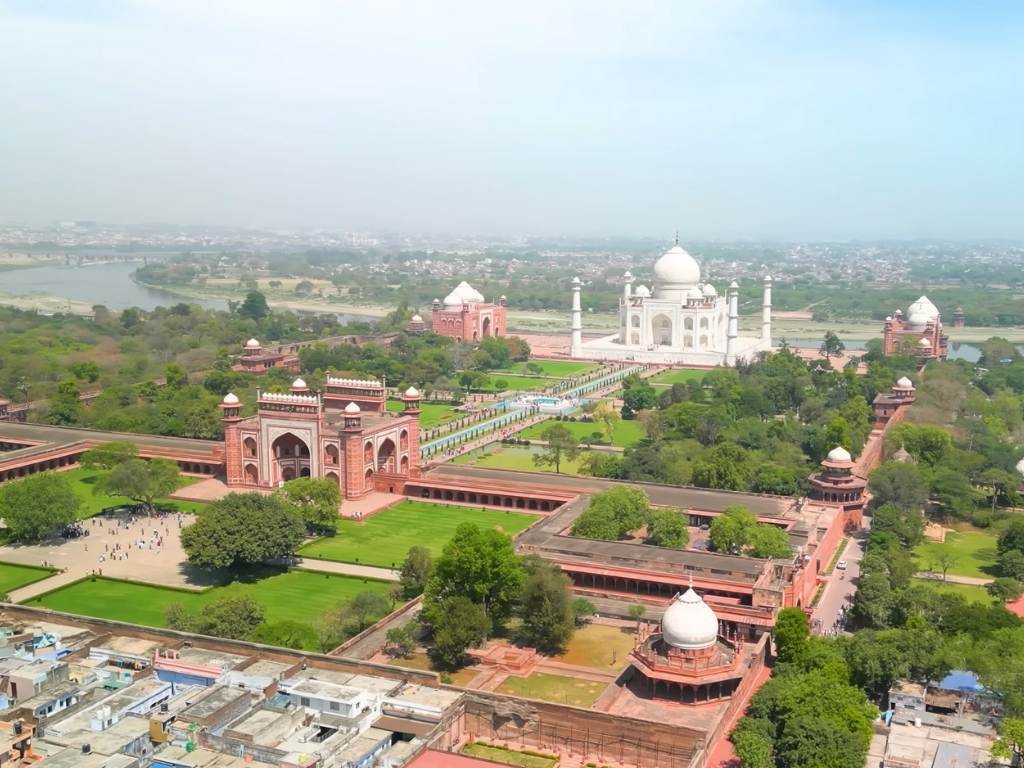Did you know that India is one of the most popular tourist destinations in the world, welcoming millions of visitors every year? From its rich cultural heritage to stunning landscapes, India offers a diverse and captivating experience for travelers. However, it’s essential to be aware of the safety and security risks that come with traveling to this fascinating country.
Imagine a traveler named Sarah who had always dreamt of visiting India. She was captivated by the vibrant colors, bustling markets, and ancient temples she had seen in photographs. Determined to make her dream a reality, Sarah started planning her trip, but she couldn’t help but wonder: Is India safe to visit?
Sarah’s concerns were not unfounded. Like any destination, India has its share of safety and security risks. The security situation in certain regions, such as the Union Territory of Jammu and Kashmir, can be tense, with risks of violent protests, civil unrest, and terrorism.
There is also a threat of terrorism in specific areas like Manipur, Assam, and regions where Naxalite groups are active. Additionally, travelers need to be cautious of scams, petty crimes, and issues related to women’s safety.
However, Sarah didn’t let these risks deter her. She decided to gather expert advice and take necessary precautions to ensure a safe journey. Armed with knowledge and a sense of adventure, Sarah embarked on her trip to India, making unforgettable memories along the way.
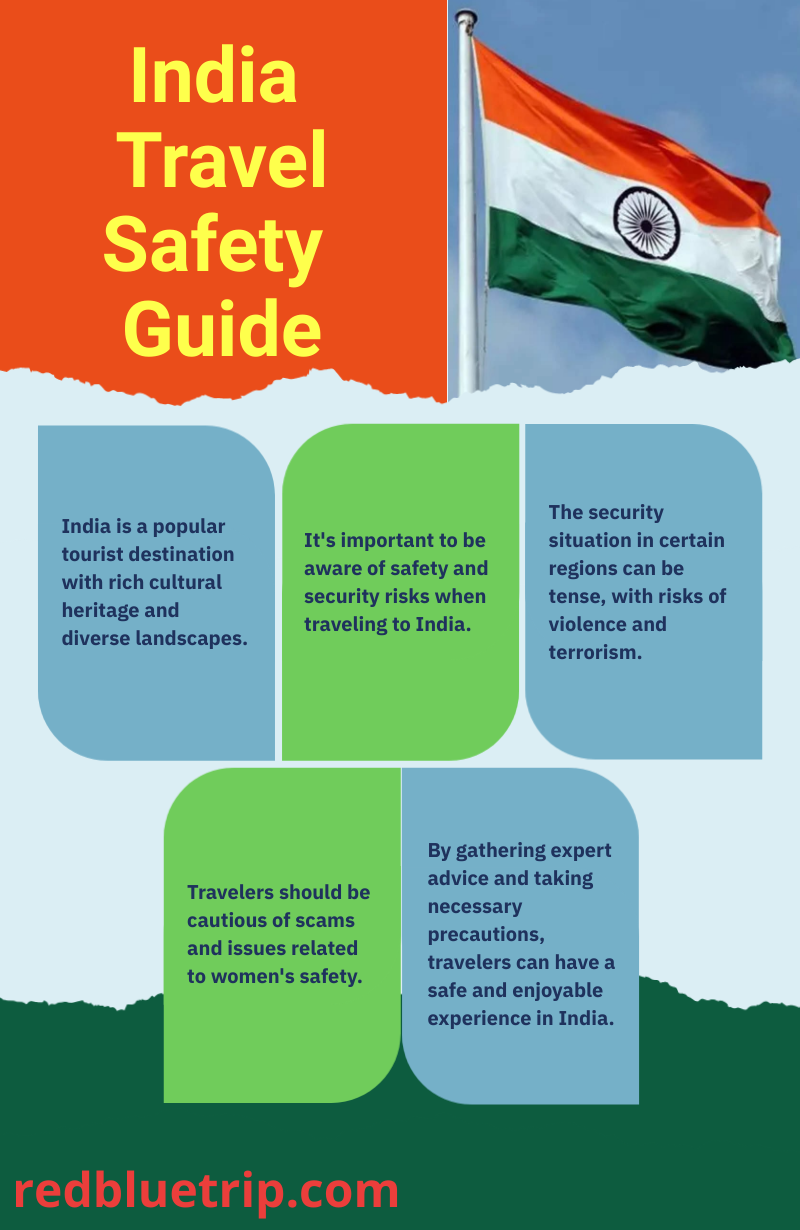
Security Situation
Due to recent developments and negative sentiment towards Canada in India, there have been calls for protests. Travelers should be cautious of demonstrations, including anti-Canada protests, and potential intimidation or harassment.
In Delhi and the National Capital Region, it is advised to keep a low profile, avoid sharing personal information with strangers, and avoid crowded areas. It is recommended to travel with someone and inform a friend or family member of your travel plans for added safety.
Protests and Negative Sentiment
The security situation in India has been influenced by recent developments that have led to protests and negative sentiment, particularly targeting Canada. These protests can be intense and potentially disruptive. Travelers should exercise caution and avoid areas where demonstrations are taking place. It’s advisable to stay informed about potential protests and follow local news sources for updates.
Intimidation and Harassment
Travelers should be aware of the possibility of intimidation or harassment, particularly in highly charged situations such as protests. It is advisable to keep a low profile, avoid engaging in discussions that may escalate tensions, and refrain from sharing personal information with strangers.
Traveling with Someone
Traveling with a companion can add an extra layer of security, especially in potentially risky situations. Having someone by your side can provide support and assistance, and can also deter potential attackers or scammers.
Informing a Friend or Family Member
Before embarking on a trip to India, it is important to inform a trusted friend or family member about your travel plans. Share your itinerary, including details of your accommodation, transportation, and contact information. This way, someone back home will be aware of your whereabouts and can reach out to you or provide assistance if needed.
Risk Level

When considering travel to India, it is important to understand the risk level associated with different regions and circumstances. The safety and security risks in India can vary significantly, making it crucial for travelers to stay informed and take necessary precautions.
- Tension in Jammu and Kashmir: The Union Territory of Jammu and Kashmir experiences ongoing tension, with risks of violence, terrorism, and occasional curfew imposition.
- Border areas with Pakistan: The border regions between India and Pakistan, particularly along the Line of Control, remain volatile. There are sporadic incidents of cross-border gunfire and shelling, which can pose risks to individuals in these areas.
- Threat of terrorism: India faces a threat of terrorism, particularly in specific areas such as Jammu and Kashmir, Manipur, Assam, and locations where Maoist extremist insurgents operate. Travelers should exercise caution and be aware of their surroundings.
- Northeastern India: The northeastern states of India, including Assam and Manipur, have active extremist and insurgent groups. It is advisable for travelers to stay vigilant and stay informed about any potential risks in these regions.
- Petty crime: Travelers should also be cautious about petty crime, scams, and frauds in various parts of India. It is essential to keep belongings secure, avoid displaying valuable items, and stay alert to potential theft or pickpocketing incidents.
By maintaining awareness of surroundings, avoiding suspicious packages or individuals, and taking appropriate safety measures, travelers to India can reduce their exposure to potential risks and have a more secure journey.
| Safety and Security Risks | Measures |
|---|---|
| Tension in Jammu and Kashmir | Stay updated on the security situation, follow local authorities’ instructions, and avoid areas with civil unrest. |
| Border areas with Pakistan | Exercise caution in these areas, maintain awareness of the surroundings, and follow any recommended safety protocols. |
| Threat of terrorism | Be vigilant, report any suspicious activities to local authorities, and avoid crowded or high-risk areas. |
| Northeastern India | Stay informed about the security situation, follow travel advisories, and take necessary precautions while visiting these regions. |
| Petty crime | Secure belongings, be cautious of scams or frauds, and avoid displaying valuable items in public. |
Health Risks
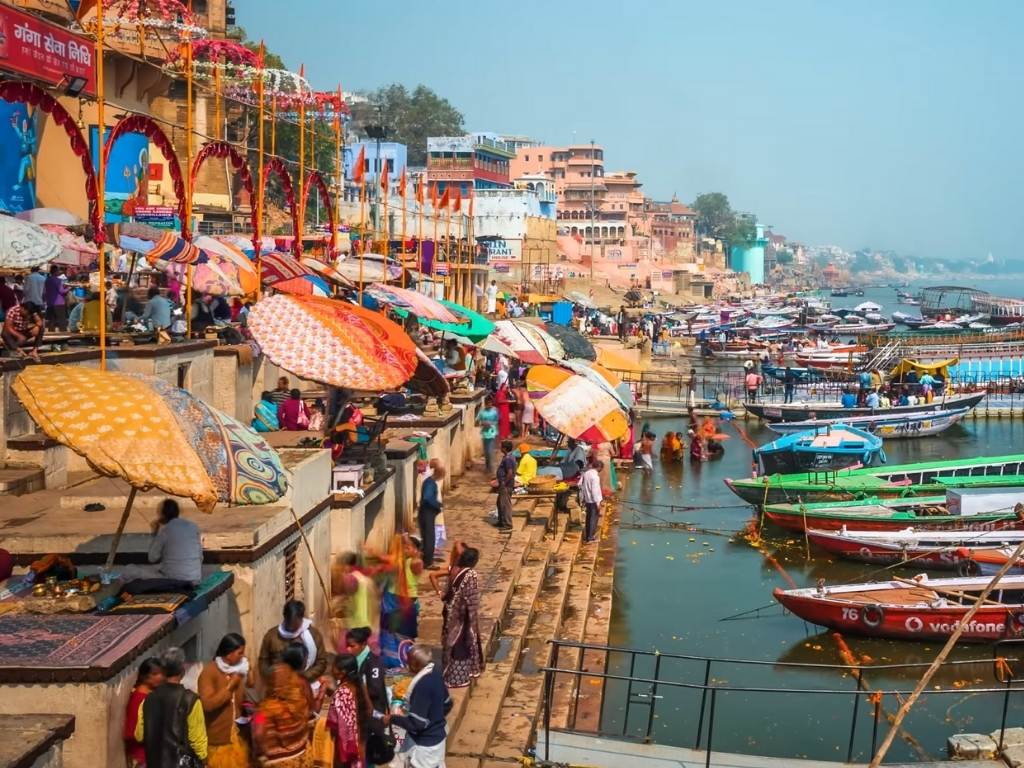
When planning a trip to India, it’s important to be aware of the various health risks that may be present. By taking the necessary precautions, you can ensure a safe and enjoyable journey. Here are some essential tips to keep in mind:
Vaccines
Make sure your routine immunizations are up to date before traveling to India. Additionally, consult with a healthcare professional to determine if there are any specific vaccines recommended for your destination.
Food and Water Safety
Be cautious of the food and water you consume. Stick to bottled water, avoid ice cubes, and ensure that any cooked food is served hot. It’s also a good practice to wash your hands frequently and carry hand sanitizer with you.
Bug Bites Prevention
Protect yourself from diseases transmitted by mosquitoes, ticks, and fleas by using insect repellents containing DEET, wearing long sleeves and pants, and sleeping under mosquito nets in high-risk areas.
Outdoor Activities Safety
When participating in outdoor activities, such as trekking or hiking, be mindful of changing weather conditions. Carry appropriate gear, stay hydrated, and follow safety guidelines provided by tour operators or local authorities.
Heat-Related Illness and UV Radiation Protection
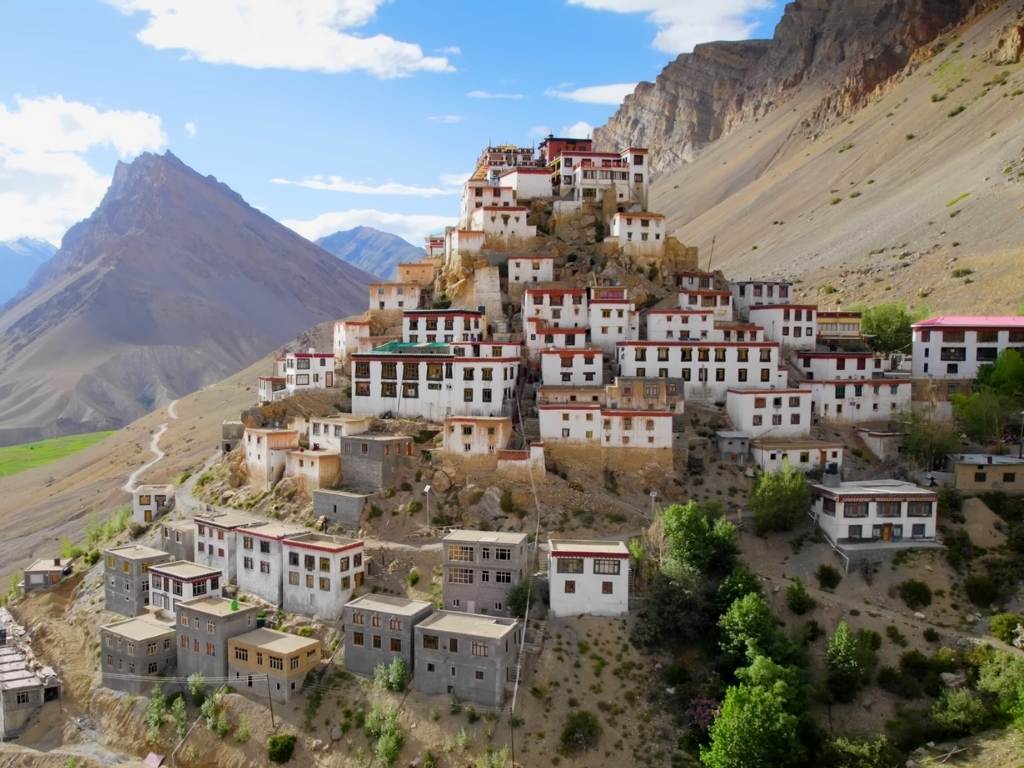
India’s climate can be intense, especially during the summer months. Take measures to prevent heat-related illnesses by staying hydrated, wearing lightweight and breathable clothing, and using sunscreen with a high SPF to protect your skin from UV radiation.
Water Safety
Avoid swimming in bodies of water that may be contaminated, including rivers, lakes, and ponds. Stick to swimming in pools or designated areas with lifeguards present.
Animal Safety
Avoid contact with stray animals to reduce the risk of bites and infections. If you encounter any animals, particularly those behaving aggressively, maintain a safe distance.
Germs Exposure
Reduce your exposure to germs by practicing good hygiene habits, such as washing your hands regularly with soap and water or using hand sanitizer. Avoid touching your face, especially after touching surfaces in public places.
Safe Transportation
Choose safe and reputable transportation options, such as hiring licensed drivers or using trusted ride-sharing services. Always wear seatbelts and follow traffic rules to minimize the risk of accidents.
Tuberculosis Risk
India has a higher prevalence of tuberculosis compared to many other countries. Take precautions by avoiding close contact with individuals exhibiting respiratory symptoms, and maintain good respiratory hygiene.
Sexually Transmitted Infections and HIV
Sexually transmitted infections, including HIV, are a concern. Practice safe sex by using condoms and reduce the risk of exposure by avoiding unprotected sexual encounters.
By keeping these health risks in mind and taking the necessary precautions, you can ensure a safer and healthier travel experience in India.
Safety Tips for Travelers
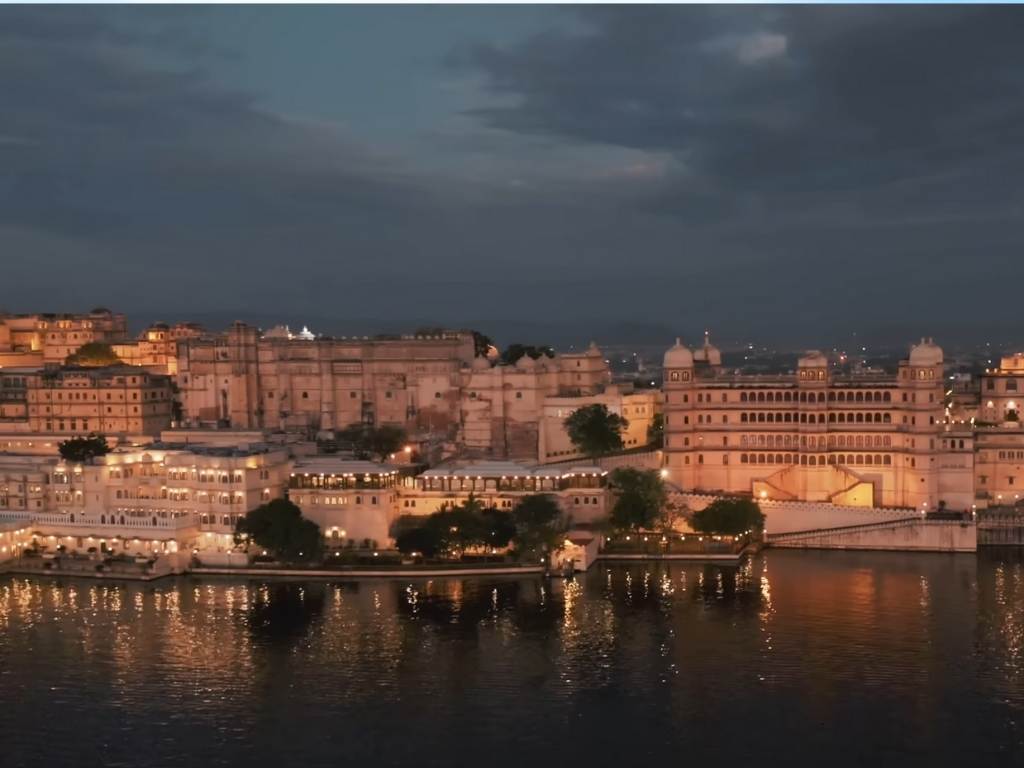
Traveling to India can be an exciting and rewarding experience, but it’s important to prioritize your safety. By following these travel safety tips and taking necessary precautions, you can ensure a secure trip to this remarkable country.
Avoiding Scams
India, like any other tourist destination, has its fair share of scams targeting unsuspecting travelers. To protect yourself, be cautious, especially in crowded tourist areas and at airports. Keep an eye out for common scams such as overcharging, fake tours, and counterfeit goods. It’s always a good idea to research common scams and be aware of your surroundings to avoid falling victim to these schemes.
Women’s Safety and Sexual Harassment
Women’s safety is a crucial concern, and it’s essential to take measures to avoid unwanted attention. Dress modestly, be assertive, and confidently assert your boundaries. Traveling with a companion or in groups can also help enhance personal safety. In case of sexual harassment or uncomfortable situations, seek help from local authorities or reach out to the nearest embassy or consulate.
Avoiding Forced Marriages
Forced marriages affecting foreigners have been reported in certain areas of India. If you find yourself in a distressing situation or suspect someone is being coerced into a marriage, it’s important to seek assistance from local authorities or organizations dedicated to protecting human rights.
Demonstrations and Protests
India is known for its vibrant democracy, and protests and demonstrations can occur across the country. While these events are often peaceful, they can turn violent, resulting in clashes with law enforcement or unexpected disturbances. It’s advisable to monitor local media for updates, follow instructions from local authorities, and avoid areas with ongoing demonstrations or mass gatherings.
Preventing Stampedes
Mass gatherings, such as religious festivals or public events, can lead to overcrowding and the risk of stampedes. Avoid congested areas where there is limited crowd control and potential for chaos. Take necessary precautions to maintain personal safety and be alert to signs of overcrowding or unsafe conditions.
Traveling with Caution and Preparedness for Disturbances
Traveling with caution is vital to ensure your safety in unfamiliar environments. Stay informed about the political and security situation in the region you plan to visit and follow any travel advisories or warnings issued by your government.
Prepare for unexpected situations by carrying copies of important documents, having emergency contact numbers readily available, and maintaining situational awareness throughout your trip.
By applying these travel safety tips and being mindful of potential risks, you can enjoy your journey through India while prioritizing your safety and well-being.
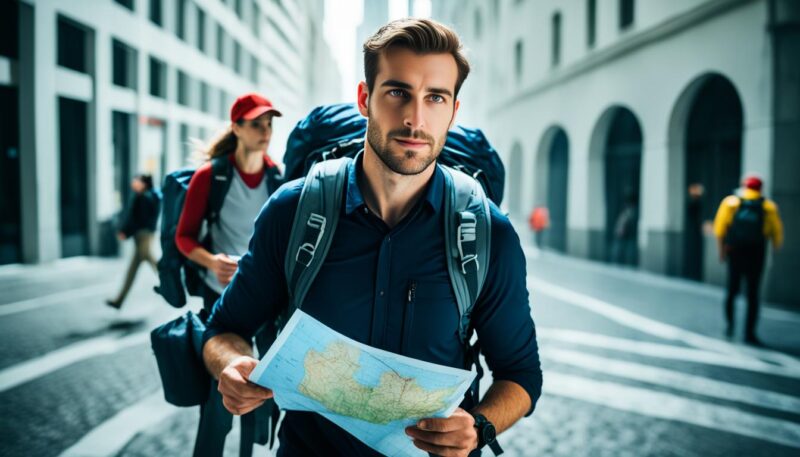
| Travel Safety Tips | |
|---|---|
| Avoid scams | Be cautious in tourist areas and airports |
| Women’s safety | Take measures to avoid unwanted attention |
| Avoid forced marriages | Seek assistance if needed |
| Demonstrations and protests | Monitor local media and follow instructions |
| Preventing stampedes | Avoid overcrowded areas |
| Traveling with caution | Stay informed and be prepared |
Infectious Disease Risks
India presents various infectious disease risks that travelers should be aware of. It is important to take necessary precautions to safeguard health and minimize the risk of contracting diseases. Some of the key infectious diseases to be mindful of when traveling to India include:
- Cholera: Cholera is an acute diarrheal illness caused by ingestion of food or water contaminated with the bacterium Vibrio cholerae. It is essential to practice good hygiene and consume safe and clean food and water.
- Giardiasis: Giardiasis is a diarrheal illness caused by the parasite Giardia lamblia. It is important to maintain strict personal hygiene and avoid consuming contaminated food and water.
- Hepatitis E: Hepatitis E is a viral infection that affects the liver. It is primarily transmitted through the consumption of contaminated food and water. Ensuring good hygiene practices and avoiding risky food and water sources is crucial.
- Travelers’ Diarrhea: Travelers’ diarrhea is a common illness associated with contaminated food and water. Taking precautions such as consuming safe and clean food, practicing good hygiene, and staying hydrated can help prevent this condition.
- Typhoid & Paratyphoid Fever: Typhoid and paratyphoid fevers are bacterial infections caused by Salmonella Typhi and Salmonella Paratyphi, respectively. It is important to receive appropriate vaccinations and follow food and water safety measures to minimize the risk of exposure.
- Respiratory Infections: Given the population density in India, respiratory infections, including the coronavirus disease 2019 (COVID-19), can spread easily. Following proper hand hygiene measures, wearing masks in crowded places, and maintaining social distancing are important precautions.
- Endemic Fungi: India is home to various endemic fungi, including Aspergillus, Cryptococcus, Histoplasma, and Mucor species. Immunocompromised individuals should be cautious and avoid environments where these fungi are prevalent.
- Influenza: Influenza, commonly known as the flu, circulates in India with peaks during the monsoon season and winter months. Vaccination and practicing good respiratory hygiene can help reduce the risk of influenza.
- Tuberculosis: Tuberculosis (TB) is a major public health concern in India. It is important to avoid close contact with individuals with active TB and maintain good respiratory hygiene.
- Sexually Transmitted Infections (STIs): STIs, including HIV, are a concern in India. Practicing safe sex and using barrier methods can help prevent the transmission of STIs.
Be Informed and Take Precautions
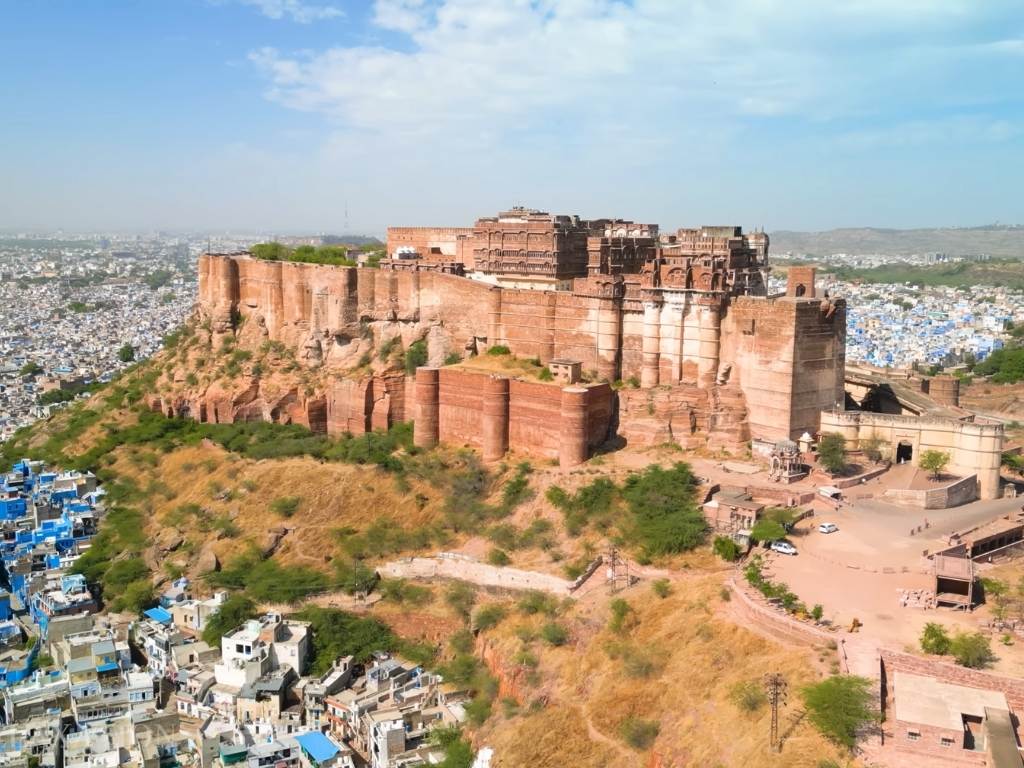
Being aware of the infectious disease risks in India and taking necessary precautions can help ensure a safe and healthy trip. It is advisable to consult with a healthcare professional before traveling to India to receive appropriate vaccinations and receive guidance on health and hygiene practices.
Additionally, maintaining good personal hygiene, consuming safe and clean food and water, practicing safe sex, and following respiratory hygiene measures can significantly reduce the risk of contracting infectious diseases.
| Disease | Risk Factors | Precautions |
|---|---|---|
| Cholera | Ingesting contaminated food or water | Consume safe and clean food and water |
| Giardiasis | Ingesting contaminated food or water | Maintain strict personal hygiene, avoid contaminated food and water |
| Hepatitis E | Ingesting contaminated food or water | Practice good hygiene, avoid risky food and water sources |
| Travelers’ Diarrhea | Ingesting contaminated food or water | Consume safe and clean food, practice good hygiene, stay hydrated |
| Typhoid & Paratyphoid Fever | Ingesting contaminated food or water | Receive appropriate vaccinations, follow food and water safety measures |
| Respiratory Infections | Close contact with infected individuals, crowded places | Practice proper hand hygiene, wear masks in crowded places, maintain social distancing |
| Endemic Fungi | Immunocompromised individuals | Avoid environments with prevalent endemic fungi |
| Influenza | Seasonal outbreaks | Get vaccinated, practice good respiratory hygiene |
| Tuberculosis | Close contact with individuals with active TB | Avoid close contact, maintain good respiratory hygiene |
| Sexually Transmitted Infections (STIs) | Unprotected sexual contact | Practice safe sex, use barrier methods |
Environmental Hazards & Risks
India is a country with diverse landscapes and climates, which brings about various environmental hazards and risks. Travelers must be aware of these challenges and take necessary precautions to ensure their safety.
Natural Disasters
India is prone to natural disasters such as tropical cyclones, earthquakes, floods, and landslides. These events can occur unexpectedly and have devastating consequences. It is crucial for travelers to stay informed about weather conditions and adjust their plans accordingly. Following local news and advisories from authorities can help travelers make informed decisions and avoid potential hazards.
Safety Outdoors
When engaging in outdoor activities, it is essential to prioritize safety. Heat-related illnesses are a common concern in India’s tropical climate. Travelers should stay hydrated, wear lightweight and breathable clothing, and take breaks in shaded areas to prevent heat exhaustion or heatstroke. Protection against UV radiation is also crucial. Wearing sunscreen, sunglasses, and hats can minimize the risk of sunburn and long-term damage from excessive sun exposure.
Water safety is another important consideration. It is recommended to drink bottled water or use water purification methods to avoid waterborne illnesses. Additionally, exercising caution around bodies of water, such as rivers and beaches, is crucial, as strong currents and underwater hazards can pose risks.
Animal Safety
India is home to a diverse range of wildlife, including both domesticated and wild animals. While many encounters with animals can be exciting and memorable, it is important to exercise caution and respect their space. Travelers should refrain from approaching or feeding wild animals, as this can lead to dangerous situations. It is also advisable to stay informed about any specific risks related to wildlife in the region you are visiting.
Conclusion
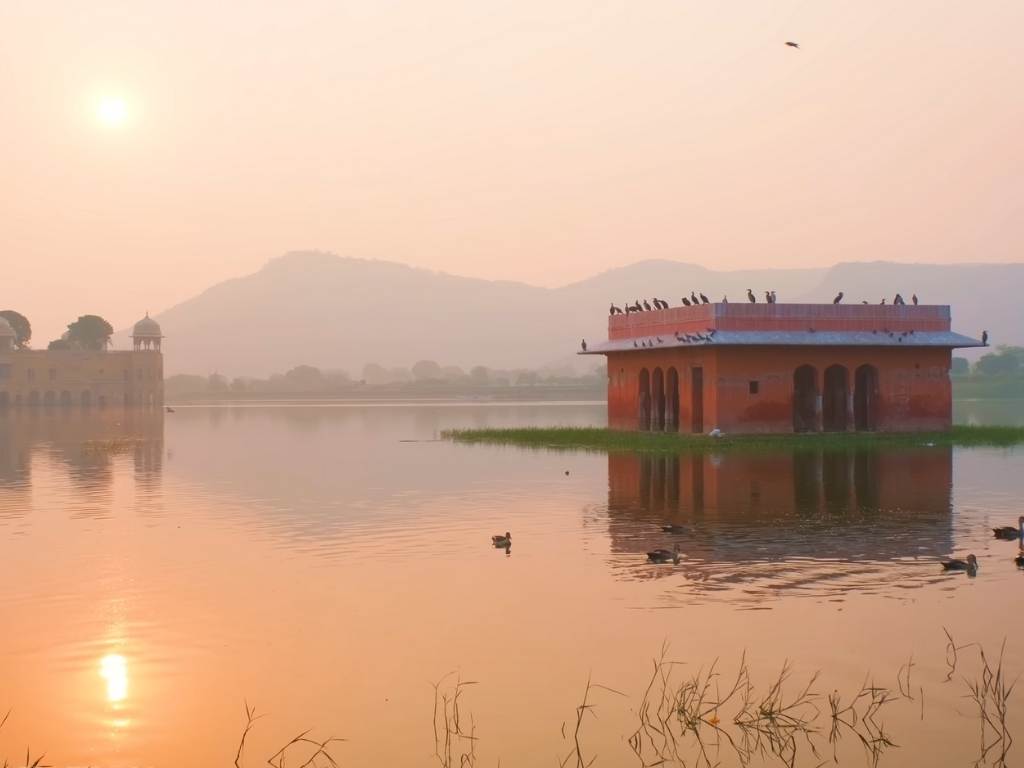
When planning a trip to India, it is essential to prioritize safety and take necessary precautions. The country presents various security risks, health concerns, and environmental hazards that travelers should be aware of. By staying informed and following local authorities’ instructions, individuals can ensure a secure trip filled with unforgettable experiences.
To enhance personal safety, it is crucial to remain vigilant and practice good hygiene. Avoiding scams, being cautious of crowded areas, and traveling with caution can help prevent unfortunate incidents. Additionally, measures such as informing a friend or family member of travel plans and staying prepared for unexpected disturbances can contribute to a smooth and enjoyable trip.
Furthermore, taking health precautions, such as getting necessary vaccinations, practicing food and water safety, and protecting against insect bites, can minimize the risk of illnesses and ensure optimal well-being throughout the journey. Finally, being mindful of environmental hazards like extreme weather conditions and natural disasters will contribute to a safe and worry-free experience in India.
By considering safety and security risks, health precautions, and environmental hazards, travelers can embark on a secure and rewarding journey through India. With proper planning and the implementation of necessary measures, everyone can have a memorable and enjoyable trip without compromising their well-being.
FAQ
Is it safe to visit India?
India has certain safety and security risks that travelers should be aware of. It is important to stay informed, follow local authorities’ instructions, and take necessary precautions to ensure a secure trip.
What is the security situation in India?
The security situation in India can vary depending on the region and current circumstances. Certain areas, such as the Union Territory of Jammu and Kashmir, can be tense with risks of violence, terrorism, and civil unrest. Travelers should stay alert and follow local authorities’ instructions.
Are there any specific risks associated with traveling to India?
Yes, there are specific risks such as terrorism in areas like Jammu and Kashmir, Manipur, Assam, and regions where Naxalite groups are active. Travelers should also be cautious of scams, petty crime, and issues related to women’s safety. Taking necessary precautions is important to ensure a safe trip.
What health risks should travelers be aware of in India?
Travelers to India should be cautious of food and water safety, maintain good hygiene practices, and take precautions against diseases transmitted by mosquitoes, ticks, and fleas. It is also important to be aware of the risk of tuberculosis, sexually transmitted infections, and HIV in India.
What safety tips should travelers follow in India?
Travelers should be cautious of scams, pay attention to their surroundings, and take measures to ensure women’s safety. It is advisable to travel with someone, avoid sharing personal information with strangers, and stay informed about demonstrations and mass gatherings. Monitoring local media and being prepared for possible disturbances is essential.
What are the infectious disease risks in India?
Travelers to India should be aware of diseases such as cholera, hepatitis E, travelers’ diarrhea, typhoid, paratyphoid fever, respiratory infections, tuberculosis, and sexually transmitted infections. It is important to consult with a healthcare professional for specific vaccine recommendations and take necessary precautions.
What environmental hazards and risks should travelers be cautious of in India?
India is prone to natural disasters such as tropical cyclones, earthquakes, floods, and landslides. Travelers should stay alert to changing weather conditions, take precautions to prevent heat-related illness, protect against UV radiation, ensure water safety, and be cautious of animals in the environment.
What is the conclusion of travel advice for India?
To ensure a safe trip to India, travelers should stay informed, follow safety tips, and take necessary precautions. By being vigilant, practicing good hygiene, and being prepared for unexpected situations, travelers can have a secure and enjoyable experience in India.

